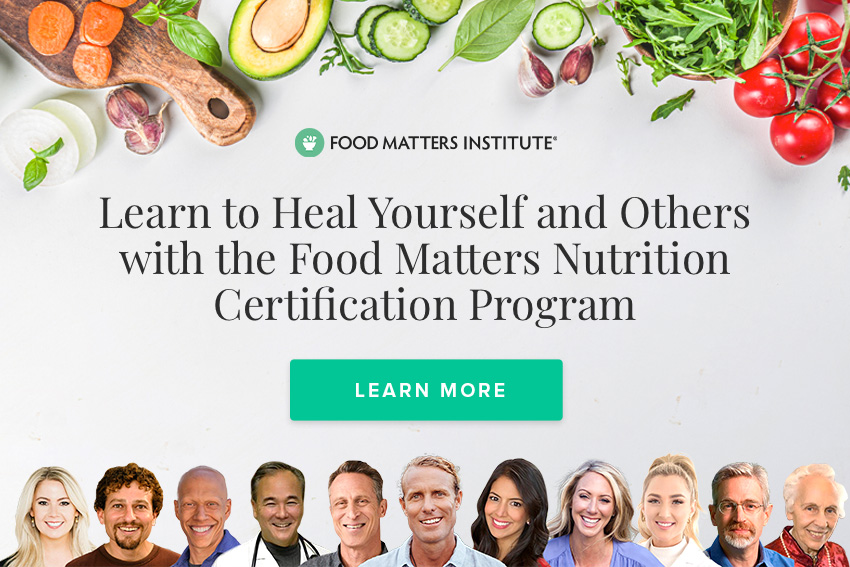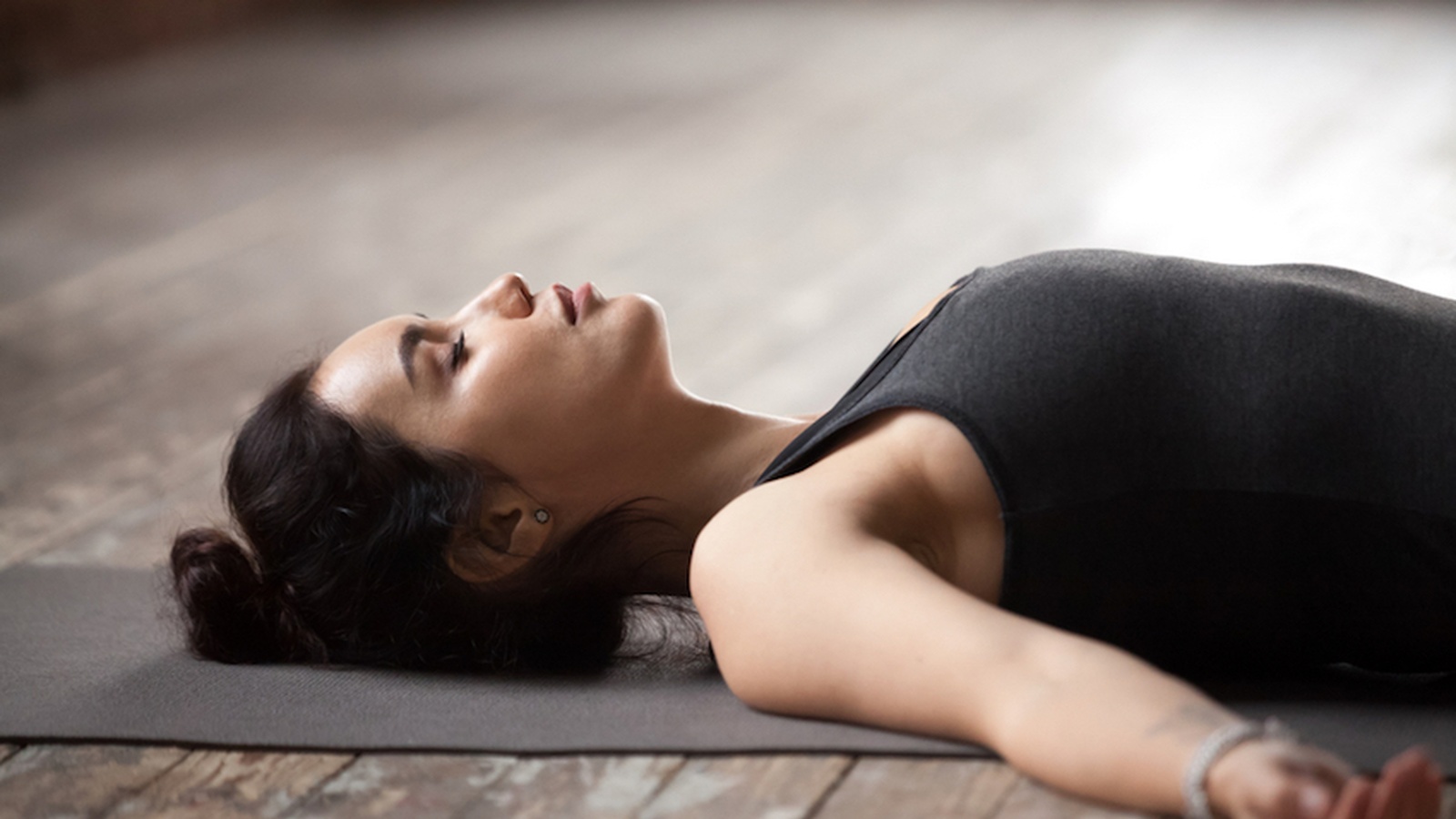6 Hormone Balancing Secrets to Relieve PMS
Imagine feeling like you're temporarily somebody else, trapped in the body of a stranger who is angrier, sadder and more irrational than you usually are.
This emotional stranger hijacks your body once a month and consumes your identity. Sometimes this new persona weeps uncontrollably, or lashes out at the people you love.
And to make matters worse, your stomach is bloated, your breasts may be sore and you're craving a sugar fix.
Sadly, this hypothetical scenario isn't so “make-believe” for thousands of women around the world. It describes PMS; a real and often debilitating condition that affects up to 75% of Western women.
So what can we do about it? Do we need to be victim to this monthly cycle, or can we break free?
In this article, I'll be sharing new discoveries and key insights for managing PMS naturally. But first, let me explain...
What Is PMS?
PMS stands for Premenstrual Syndrome. In its more severe state, it may also be referred to as PMDD (premenstrual dysphoric disorder).
As the name suggests, this disorder is associated with the female menstrual cycle. For most women, symptoms strike two weeks before the onset of menses and subside soon after menses begins.
The symptoms of PMS include:
- Heightened emotions that are out of character, including anger, sadness and irritability
- Sugar or other food cravings
- Headaches
- Low libido
- Mood swings
- Anxiety
- Bloating
- Weight gain (fluid related)
- Breast tenderness
- Cramps
- Disordered sleep
How Can I Manage PMS Naturally?
Many experts believe that the underlying cause of PMS relates to hormonal imbalances that take place during women's menstrual cycle. Therefore, treatment options should seek to address these core issues.
Here are a list of options you might like to consider:
1) Sweat It Out
Exercise has a profound effect on our endocrine system and has been linked to the improvement of other hormonal disorders, such as Polycystic Ovarian Syndrome. Furthermore, exercise stimulates the release of feel-good hormones and endorphins which can naturally enhance your mood.
Don't feel like moving your body? If you're cramping and in pain, that's understandable! Even a gentle walk and stretching can help to relieve lower back discomfort and other associated symptoms of PMS.
2) Herbal Treatments
A number of herbs have been traditionally used to assist with PMS. Maca, black cohosh, lemon balm, red raspberry leaf, chasteberry, burdock and gingko number amongst the most common varieties.
However, check out any precautions or interactions before using; many herbs can interfere with the effect of the birth control pill and blood thinning medications. Others, such as maca, are not recommended during pregnancy, so it’s best to get an expert opinion before trialling.
3) Eat Clean & Bump Up Your Anti-Inflammatory Foods
Some research shows that women with a high intake of plant foods experience less PMS. Therefore, eat plenty of fresh fruit, vegetables, nuts & seeds. The extra fiber will also help to level out your blood sugar levels, which can otherwise exacerbate mood disturbances.
Some research shows that women with a high intake of plant foods experience less PMS. Therefore, eat plenty of fresh fruit, vegetables, nuts & seeds. The extra fiber will also help to level out your blood sugar levels, which can otherwise exacerbate mood disturbances.
Anti-inflammatory foods which supply omega-3's, such as wild-caught salmon and flaxseed/linseed also help our bodies to make prostaglandins - wonderful natural chemicals that help to relax cramps.
4) Go Green In Your Home
Some evidence shows that many common, toxic chemicals in plastic, pesticides and household products are endocrine disrupters. In other words, prolonged exposure to certain artificial chemicals may interfere with the function and regulation of our hormones. We've got a bunch of ideas for making your home greener at our Wellness Essentials page here!
5) Essential Oils
Clary sage, lavender, cypress, peppermint and ylang ylang essential oils can all relieve the suite of uncomfortable symptoms that accompany PMS. They work in a variety of ways, ranging from improving circulation to relieving cramping. Just use organic, pure essential oils and check for their safety first. (For example, certain oils shouldn't be used if you are pregnant.)
6) Sleep Well
Studies have shown that lack of sleep - and stress for that matter - can worsen the unpleasant symptoms of PMS. Our bodies perform incredible healing and balancing work whilst we slumber. Therefore, try to hit the hay at at reasonable hour - especially in the latter part of your menstrual cycle. You could even trial keeping a sleep/food/exercise and symptom diary - it will soon reveal if the extra zzz's are helping.
Contrary to what you may have heard, PMS is not 'all in your head'. It's a genuine health condition and as such deserves genuine care! For more information on women’s hormonal health, head to this FMTV interview with naturopath Jodi Chapman, Understanding Your Hormones.
Do you have a passion for nutrition & natural healing?. Learn more about the Food Matters Nutrition Certification Program here.










